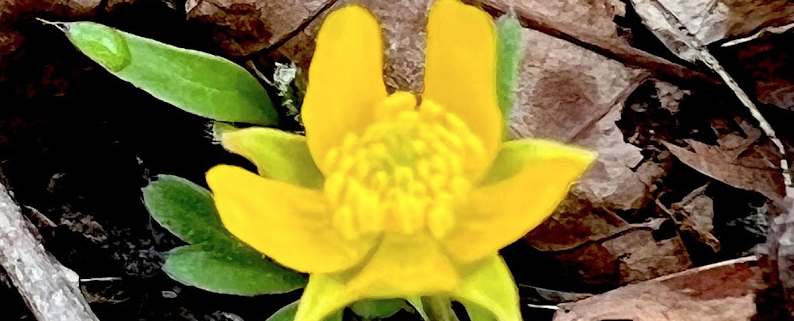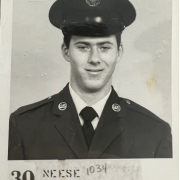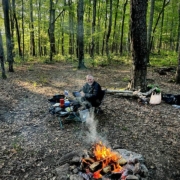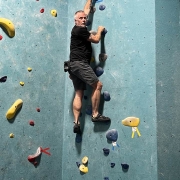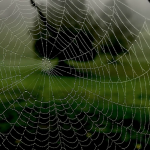Living Is Dying, Or Is It The Other Way Around? | Healthy Aging Series: Part 5
The first dead person I saw was my Grandpa Pat. I was thirteen-years old. He was sixty-nine.
We walked past his open casket after the Pentecostal minister preached about heaven and hellfire. He had heard it a thousand times before, mostly from Grandma. Grandpa was unmoved.
As I grew older, I learned that old people die. The next person in my life to to die was my Grandma Louise. She was sixty-four when she died from colon cancer. Grandpa Jim died at eighty from a stroke. The same for Grandma Lulu.
Then my sons’ grandparents began dying. Grandpa Al died from a heart attack at seventy. Grandma Barb died at eighty from congestive heart failure. My father died at eighty-two from COPD. And Mom, Grandma Betty, died at eighty-seven from some kind of systemic infection. Old people die. In fact, all people die.
No matter how healthy you are, no matter how well you prepare for your later years, no matter how much money you have, no matter who you know, no matter what kind of life you’ve lived, you will eventually die.
The issue isn’t if you’re going to die, but how you’re going to die, and by that I don’t mean which illness will you succumb to. I mean, how will you emotionally and psychologically handle the process of dying. How will your death and dying affect others? How well will you divest from this life?
As a psychotherapist, I often say to my clients. “You die the way you lived.” If you were a generous person in the years leading up to your death, you die a generous person. If you were a comforting and reassuring person, you will die that way. Of course, this does not apply to the people that suffer from various forms of Dementia, Alzheimer, or other neuro-cognitive disorders.
People that struggle with living, with the thought of dying and letting go, also struggle with dying.
Jimmy Carter knew about dying because he knew about living. In his book, “The Virtues of Aging,” he answers the question that he was often asked: What have been the best years of your life?
“Now is the best of all,” was his answer. He has lived a full life. He’s ninety-six years old as I write this. If you consider the word ‘dying’ as synonymous with ‘aging,’ he is dying well.
Betty Neese, My Mom
My mom’s favorite word was ‘serendipity.’ “What a nice serendipity,” she would say when we visited unannounced. I’m sure she saw her death as a serendipity.
Mom was happy, healthy, and non-judgmental most of her life. She was always learning new things and was conversant on almost any topic. She practiced the Golden Rule. She wanted to know what I had been doing since our last visit. I rarely heard her complain, except to hear how she missed my father.
My mother died well, because she lived well. Living is Dying.
The evening that she died, I stayed the night in her very small apartment at the senior-living complex. I slept in her bed. The next morning I explored her bookshelves. I looked around the sparse apartment. She didn’t have much. She had already let go of the things that most of us value. I gathered a few books and left.
I remember her memorial service vividly. I was asked to deliver the eulogy, the good words. I talked about all the difficulties that Mom had experienced, including the loss of three children and banishment by her mother for leaving the Catholic Church. I traced Mom’s footprints through her religious journey. I reminded my siblings that Mom (and Dad) loved us all despite our mistakes and bickering. We used to joke about Mom and her Bubble. Very little seemed to shake her. I concluded and said, “Mom didn’t let stupid shit rob her of her peace and joy.”
Now, I think, we envy her.
This is part five in the Healthy Aging Series, written by Mark Neese, LCSW, BCBA. To see more entries in this series, click here.

